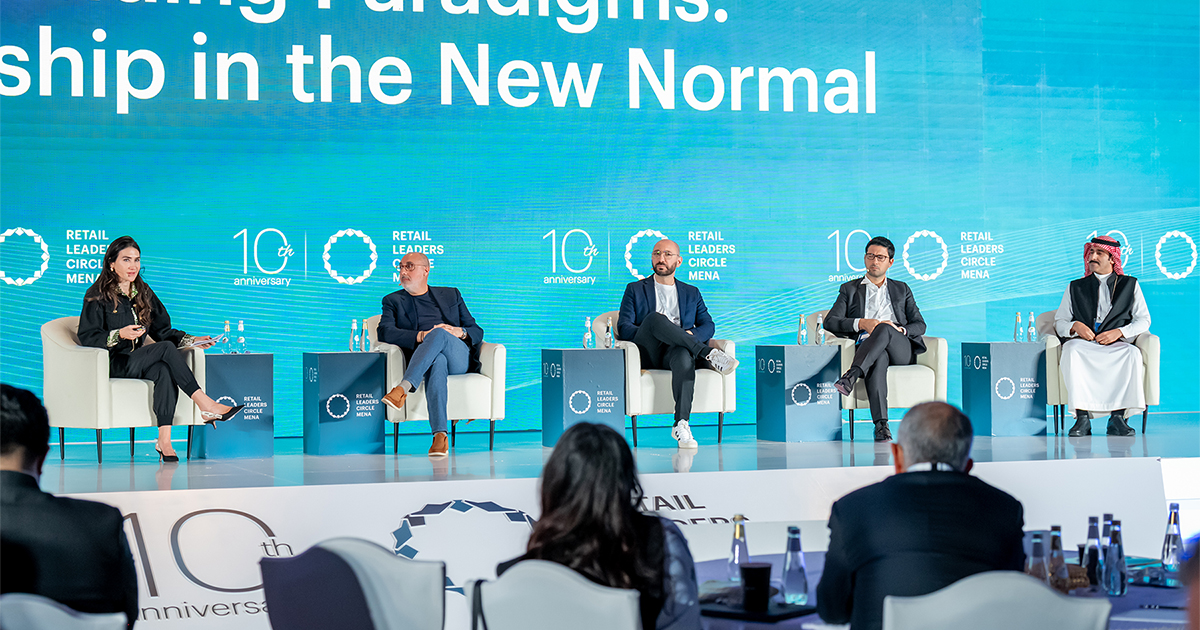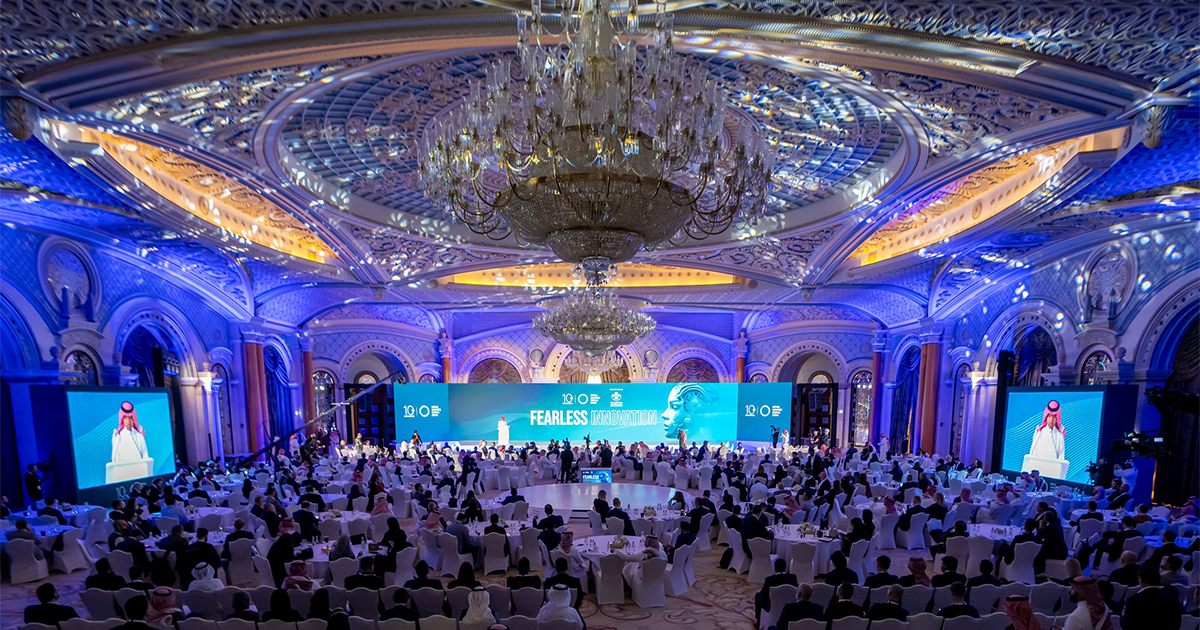Ali Mansour, CEO of United electronic company – eXtra, Hosam Arab, Co-Founder and CEO of Tabby, Adnan AlKhalaf, CEO of Leejam Sports Company and Michael Chalhoub, President Strategy, Growth, Innovation & Investment and Joint Ventures , Chalhoub Group discussed with Gemma D’Auria, Senior Partner, McKinsey & Company, Milan the essence of leading in this new context, emphasizing the need for adaptable and forward-thinking leadership approaches.
Embracing Change and Lifelong Learning
The imperative for leaders to stay abreast of technological advancements and incorporate continuous learning into their development strategy is highlighted. The anecdote of younger generations utilizing AI tools like ChatGPT serves as a poignant reminder of the urgency for leaders to adapt and embrace new technologies. This adaptability not only ensures organizational relevance in a rapidly evolving market but also fosters a culture of innovation and perpetual growth.
Mission-Oriented Leadership
A results-driven approach, coupled with a strong alignment with organizational missions, is identified as crucial for driving performance. This orientation aids in prioritizing initiatives based on their potential impact on customers, thereby ensuring a balance between short-term achievements and the long-term vision of the organization. The narrative underscores the importance of integrating a mission-centric perspective into decision-making processes, reflecting a commitment to generating positive outcomes that resonate with customer needs.
Supportive and Inclusive Leadership
Leadership extends beyond directing outcomes, emphasizing a supportive role that fosters diverse perspectives and encourages authenticity. This model of servant leadership, where the leader acts as a facilitator and coach, nurtures an environment where team members feel valued and empowered to contribute their unique insights. The inclusivity inherent in this approach not only enriches the decision-making process but also enhances team cohesion and individual job satisfaction.
Aligning Goals
The significance of comprehending the intricacies of team dynamics and customer relations is discussed, highlighting the necessity of blending analytical and interpersonal skills. Leaders are encouraged to delve into the motivations and aspirations of their teams, ensuring that organizational strategies resonate on a personal level with employees. This alignment between organizational goals and individual values cultivates a sense of purpose and fulfillment among team members, driving productivity and engagement.
Hands-On Leadership
The advocacy for leaders who are not merely strategists but active participants in the organization’s operational aspects is emphasized. This hands-on approach ensures a deeper understanding of challenges and fosters agile problem-solving capabilities. Sharing insights from effective leadership models, such as the CTO at noon, illustrates the benefits of direct involvement in executing the organizational vision, enhancing responsiveness, and fostering innovation.
Balancing Tradition with Innovation
The dialogue explores the balance between upholding traditional values and embracing change. By infusing long-standing organizational principles with fresh perspectives and innovative practices, leaders can steer their companies towards sustainable growth while maintaining their core ethos. This balance is pivotal in redefining industry standards and ensuring the company’s relevance in a competitive landscape.
Leadership Development: A Paradox
Despite the acknowledged importance of cultivating leadership skills, the actual investment in leadership development is often found lacking. This paradox highlights the need for a more concerted effort to foster leadership qualities across all organizational levels, ensuring a robust pipeline of future leaders equipped to navigate the challenges of the retail sector’s new normal.
Effective leadership in the retail sector’s evolving landscape requires a thorough understanding of the interplay between adaptability, continuous learning, mission orientation, and authenticity. By embodying these principles, leaders can steer their organizations toward enduring success, navigating the complexities of innovation and disruption with agility and foresight.
 It starts with the very person in the leadership role to create that opening for others to shine and grow.
It starts with the very person in the leadership role to create that opening for others to shine and grow.






